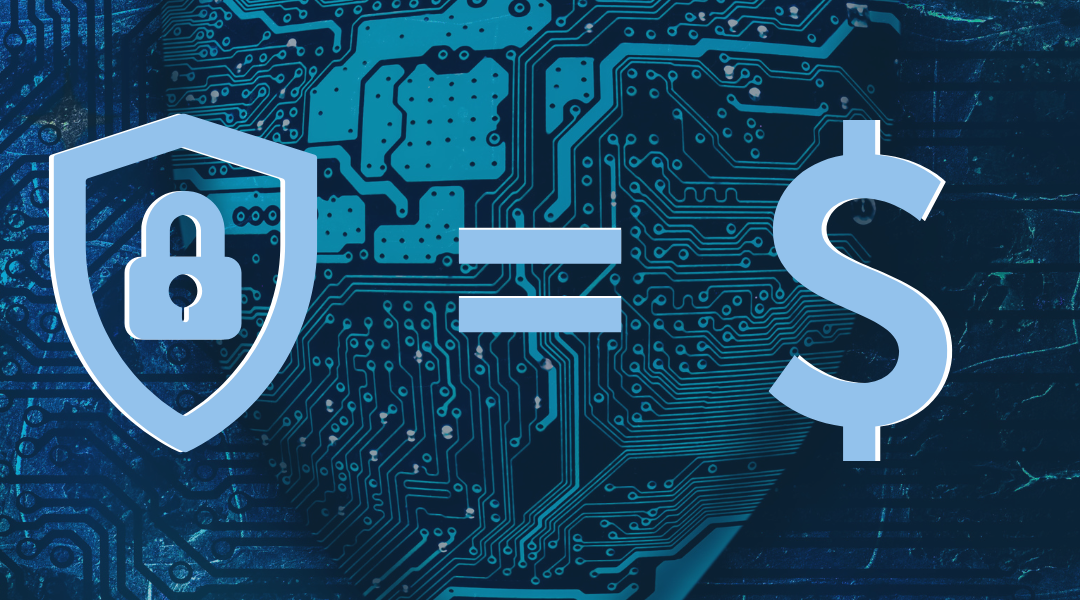Cybersecurity is becoming more than just risk management. It’s a smart investment that boosts both security and financial health. With the recent breaches and increasing breaches and incidents, it’s more apparent than ever that security is a necessity in the healthcare industry.
Research shows a significant benefit: organizations with robust cybersecurity not only safeguard against online threats but also enjoy a notable increase in shareholder returns. This finding suggests that effective digital security is more than just the prevention of digital attacks; it’s a wise choice that improves financial well-being.
This sends a powerful message to businesses: your digital defenses are not just technical requirements but integral parts of your strategic planning. This is particularly crucial in healthcare, where safeguarding sensitive information is vital. Investing in advanced cybersecurity can propel financial growth, not just prevent setbacks.
For healthcare organizations, this is a reminder to reevaluate and bolster your security approaches. Investing in solid cybersecurity measures can protect your company’s assets, enhance its reputation, and even improve financial outcomes. In short, robust security is essential for business success today.
To start enhancing your cybersecurity posture, consider the following steps:
1. Conduct regular risk assessments to identify and address vulnerabilities.
2. Implement a training program for all employees to recognize and prevent cyber threats.
3. Ensure that your policies are up-to-date and comply with industry regulations.
4. Invest in cybersecurity technologies and services to strengthen your defenses.
5. Develop an incident response plan to quickly and effectively handle any security breaches.
Further expanding on the value of cyber security in the healthcare sector, it is important to consider the specific challenges that these organizations face. Healthcare data is a prime target for cybercriminals due to its sensitive nature and the critical need for its availability in medical care. The consequences of data breaches in this sector can be severe, ranging from the disruption of healthcare services to breaches of patient confidentiality. Thus, enhancing security is not only a business strategy but a moral imperative to protect patients and their personal information.
Moreover, the integration of technology into healthcare, such as the use of electronic health records (EHRs) and internet-connected medical devices, introduces new vulnerabilities. These technologies, while improving efficiency and patient care, also provide new avenues for cyberattacks. It is crucial for healthcare organizations to be forward-thinking and anticipate potential cybersecurity challenges associated with these advancements.
In this context, the role of leadership is pivotal. Leaders in healthcare must prioritize cybersecurity and allocate the necessary resources towards its implementation. This includes not only financial investment but also the cultivation of a culture of cybersecurity awareness throughout the organization.
As healthcare continues to evolve with technological advancements, so too must its approach to cybersecurity. By taking proactive steps to enhance your security, you’re not just protecting your organization from potential threats but also positioning it for greater financial stability and growth. Start building a stronger cybersecurity foundation today and see the long-term benefits for your organization’s security and financial performance.
If you have questions about training or best cybersecurity practices, let us know!

